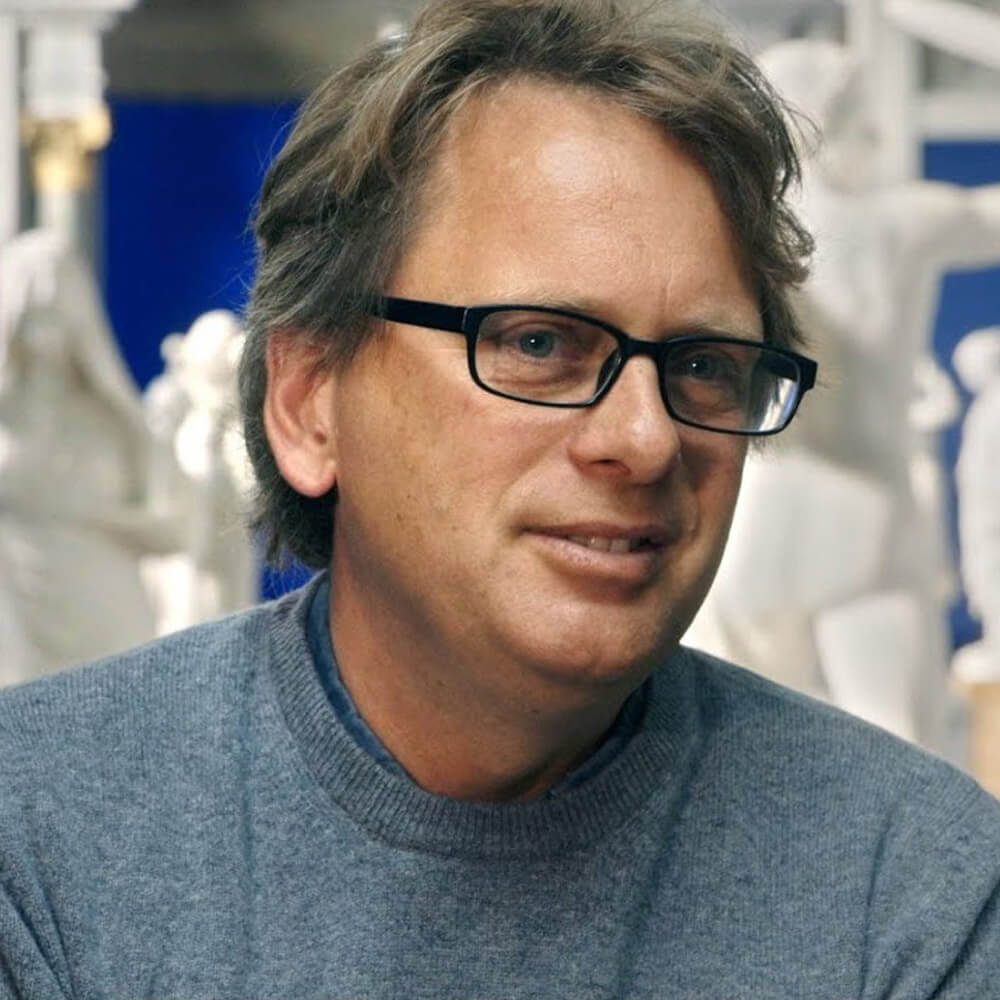MAXXI & SONY CSL Paris
Andreas Roepstorff
Professor, Center of Functionally Integrative Neuroscience and Department of Social Anthropology, Aarhus University / Aarhus University Hospital, Denmark.
Andreas Roepstorff, Ph.D. is Professor, Center of Functionally Integrative Neuroscience and Department of Social Anthropology, Aarhus University / Aarhus University Hospital, Denmark. As an anthropologist in neuroscience, Andreas tries to maintain a dual perspective. He studies the workings of the brain, particularly at the levels of consciousness, cognition and communication. He is equally interested in how brain imaging, as a field of knowledge production, relates to other scientific and public fields.
As an anthropologist in neuroscience, Andreas tries to maintain a dual perspective. He studies the workings of the brain, particularly at the levels of consciousness, cognition and communication. He is equally interested in how brain imaging, as a field of knowledge production, relates to other scientific and public fields. He is project manager of Technologies of the Mind. People have a unique capability to change actions, behavior and their ways of organizing. The technologies that surround us influence our perception of the world, but at the same time our ways of organizing ourselves is part of a technology that influences the world we are living in. How are we going to understand the interaction between technology, practice, and cognition? This project is focusing on how human thought activity exploits technology and culture and how it is influenced in return. Usually the brain is seen as a biological and “natural” part of the body, that can be separated from “artificial” inventions like culture and technology. As opposed to this, this project tries to understand technology as a way of using the brain and body, incorporated into practices that people develop naturally to reach different objectives. This project includes resources from the fields of anthropology, archaeology, linguistics and cognitive sciences to investigate e.g. rituals, reading and writing, masquerades, and physical objects.

